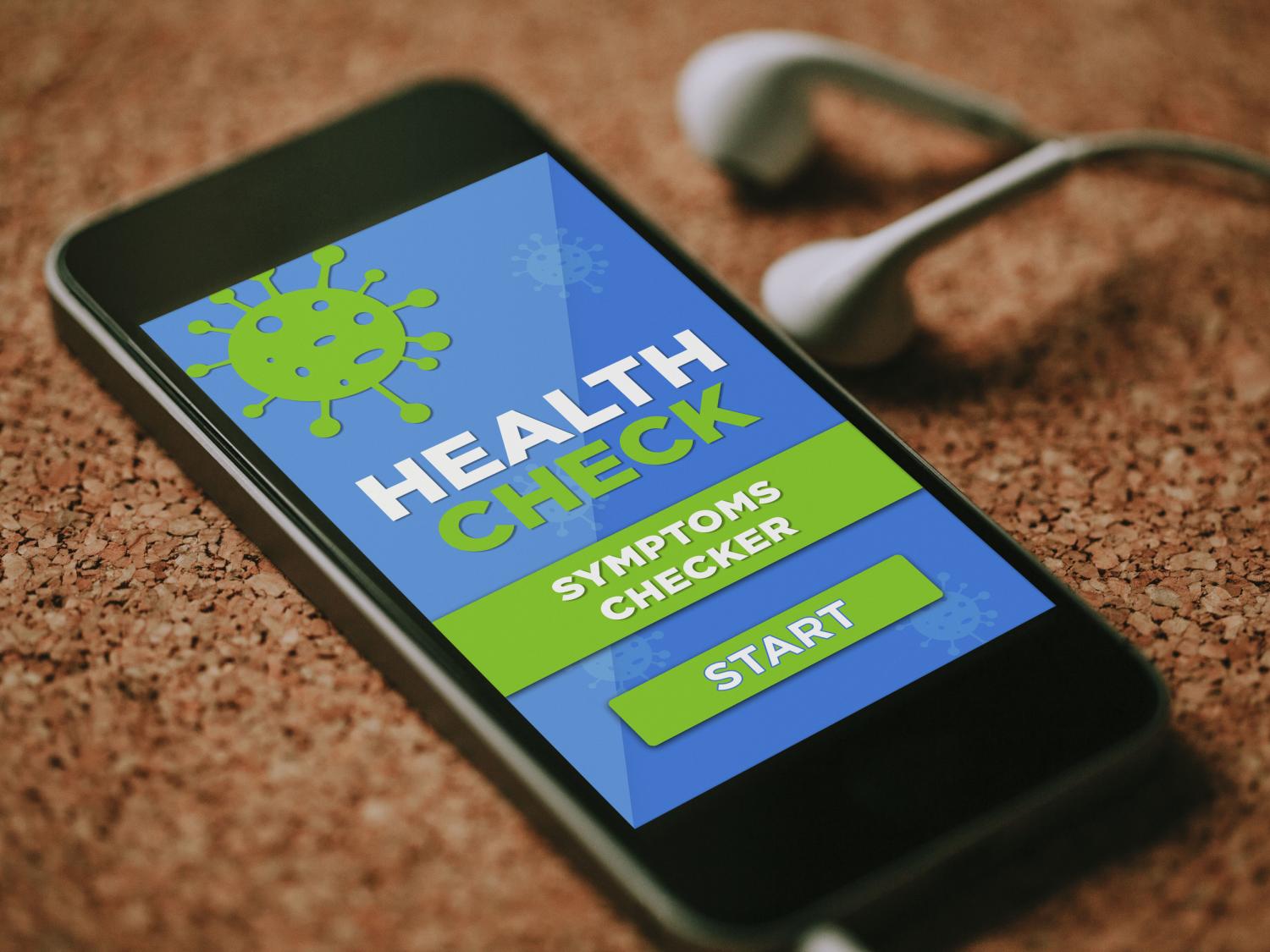
Study reveals design flaws of chatbot-based symptom-checker apps
Millions of people turn to their mobile devices when seeking medical advice. They’re able to share their symptoms and receive potential diagnoses through chatbot-based symptom-checker (CSC) apps. But how do these apps compare to a trip to the doctor’s office?

NSF-funded study to examine human-punishment interaction in online communities
With a new grant, Yubo Kou, assistant professor of information sciences and technology, will examine how users of online community platforms experience punishments in various forms, such as chat restriction and account suspension, and what can be done to help those punished users, through his aim to better understand human-punishment interaction

Internationally recognized human-computer interaction expert joins IST faculty
Shaowen Bardzell, professor of information sciences and technology, has joined the College of Information Sciences and Technology faculty this fall.

Program introduces students to machine learning and security research
This summer, three undergraduate students from three higher education institutions got an exclusive, in-depth introduction to research topics focused on machine learning in cybersecurity through the Research Experiences for Undergraduates site program sponsored by National Science of Foundation and hosted by Penn State’s College of Information S

Associate dean for undergraduate and graduate studies hired in College of IST
Jeffrey Bardzell has been named associate dean for undergraduate and graduate studies in the College of Information Sciences and Technology, effective Aug. 1.

IST seed grants support tech projects related to COVID-19
The College of Information Sciences and Technology recently announced six projects that will receive funding from the college’s seed grant program. Each project will take different approaches to tackle various challenges and needs related to the novel coronavirus pandemic.

Online tutor helps general public turn COVID-19 prevention efforts into action
Penn State researchers have developed a comprehensive online tutor to educate the general public about the science behind COVID-19 and appropriate steps anyone can take to help reduce its transmission.

Do privacy controls lead to more trust in Alexa? Not necessarily, research finds
Giving users of smart assistants the option to adjust settings for privacy or content delivery, or both, doesn’t necessarily increase their trust in the platform, according to a team of Penn State researchers. In fact, for some users, it could have an unfavorable effect.

Human and AI annotations aim to improve scholarly results in COVID-19 searches
Seed funding provided by the Huck Institute of the Life Sciences and the Institute for Computational and Data Science is supporting two research teams from the College of Information Sciences and Technology in their efforts to provide faster and more efficient search results to COVID-19 research queries.

Virtual tutors help train nursing students for trauma care
A new web-based tutor developed by researchers in the College of Information Sciences and Technology is helping nursing students earn clinically relevant exposure to trauma care concepts, training that can't occur in a clinical setting because of the novel coronavirus pandemic.

Research aims to help online workers build skills to advance their career paths
A new research project led by Benjamin Hanrahan, assistant professor of information sciences and technology, aims to enrich online platform workers and improve the marketplace for online work.

NSF CAREER Award work aims to reimagine algorithmic managers driving gig economy
Benjamin Hanrahan, assistant professor of information sciences and technology at Penn State, will explore how digital tools to automate and remotely manage workers may negatively impact those workers and their rights.

Crowdsourcing plot lines to help the creative process
Creative authors could soon have a new option to help overcome writer’s block, thanks to a system launched by researchers in the College of Information Sciences and Technology at Penn State.

Citizen scientists may be an untapped resource for water quality improvement
Raising awareness and offering technological tools to the thousands of citizens groups in the U.S. that monitor water quality might help community leaders tap these volunteers as a way to improve access to plentiful, clean water and possibly avoid water-related crises.
